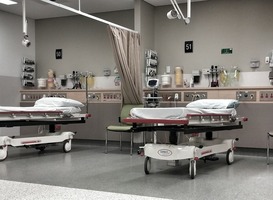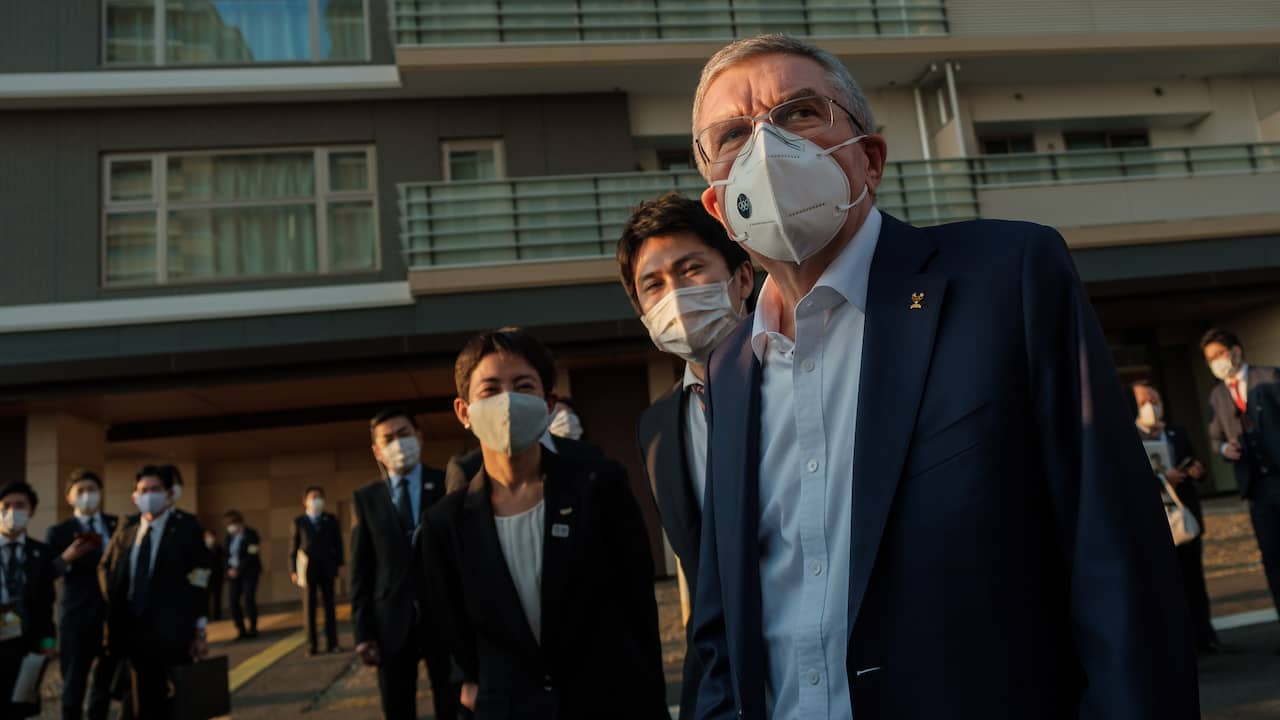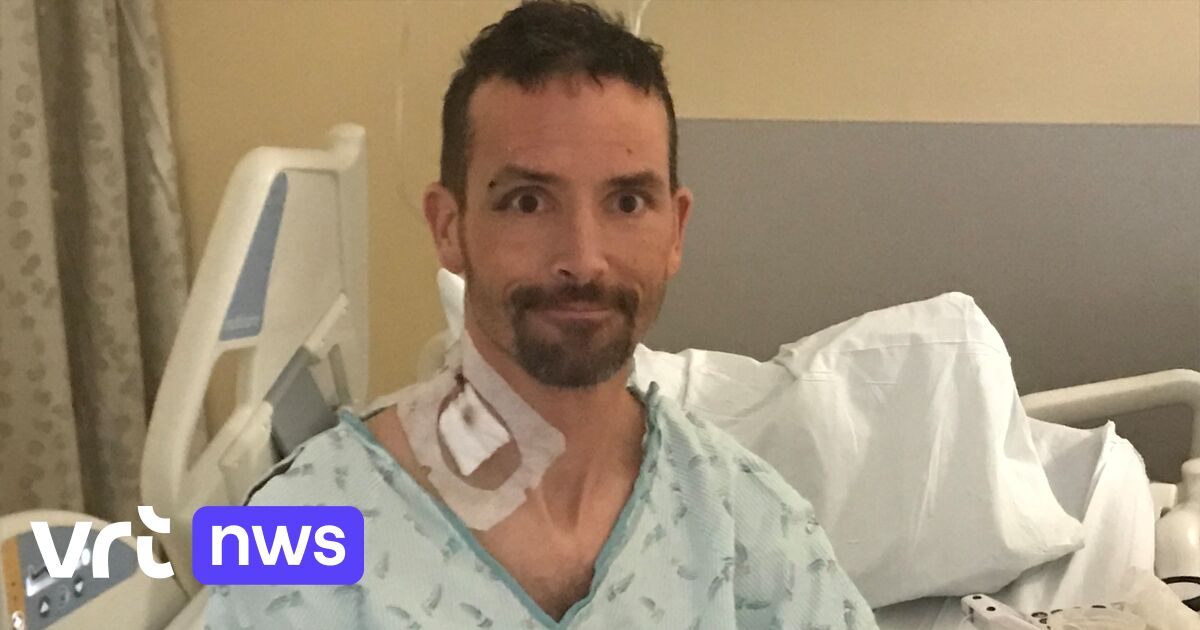Corona patients often suffer from breathlessness and oxygen deficiency. A study by Amsterdam UMC shows that the corona virus damages the diaphragm, the main respiratory muscle. “We saw an inflammatory response and connective tissue formation in the respiratory muscle in very sick COVID-19 patients,” says physiologist Coen Ottenheijm. Amsterdam UMC reports.
–
The study group compared twenty-six corona patients with ten non-corona patients, all of whom were admitted to intensive care and received artificial respiration. Ottenheijm: “It is striking that, in addition to the inflammatory response and connective tissue formation, we saw that in some patients the virus was in the muscle cells. Some cells grew twenty times larger than normal and others very small. That probably means that the diaphragm is going to work hard against the virus. ” This is the first research worldwide into the effects of Covid-19 on the diaphragm.
Persistent shortness of breath
The inflammatory response and connective tissue formation show that the coronavirus seriously impairs the function of the respiratory muscle. Ottenheijm explains: “Breathing does not come naturally. The breathing muscle pumps air in and out of the lungs. When the breathing muscle tightens, you breathe in, and when the muscle relaxes, you breathe out. If the diaphragm works less well, shortness of breath will follow and limited effort is possible. ” It is known that many convalescent corona patients suffer from shortness of breath and fatigue. The damage to the diaphragm can play an important role in this.
Artificial ventilation
A significant group of corona patients remain dependent on the ventilator in intensive care for a long time. This may be partly due to the diaphragm damage. No research has yet been conducted into diaphragm damage in patients who do not enter intensive care. It is also not known whether diaphragm damage can eventually be repaired. Further study is needed for this.
By: Nationale Zorggids
–


